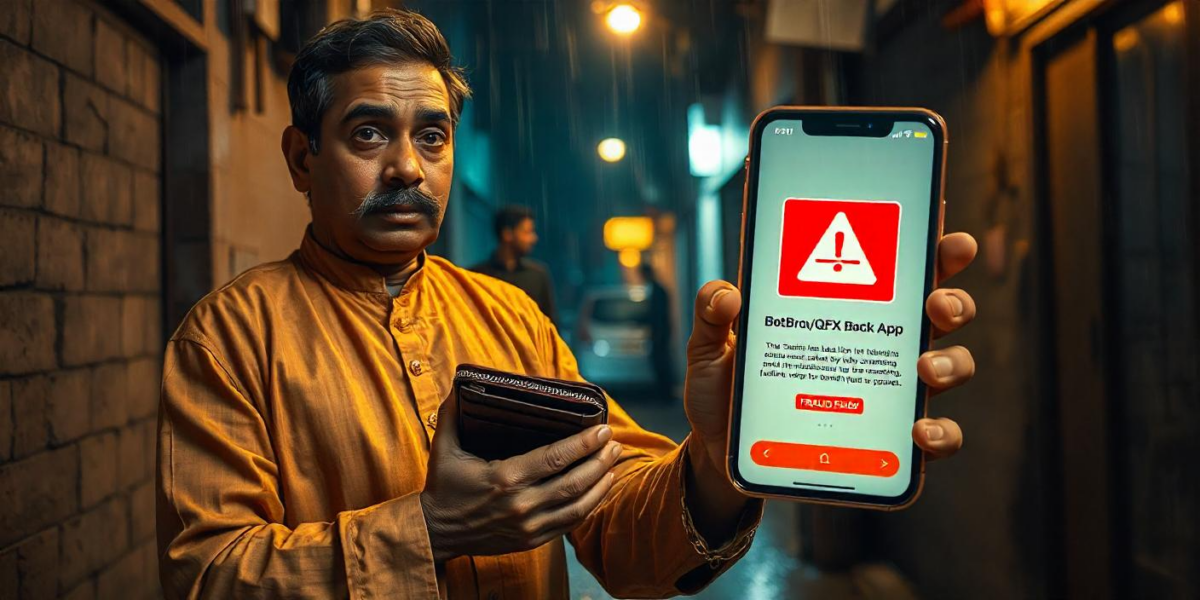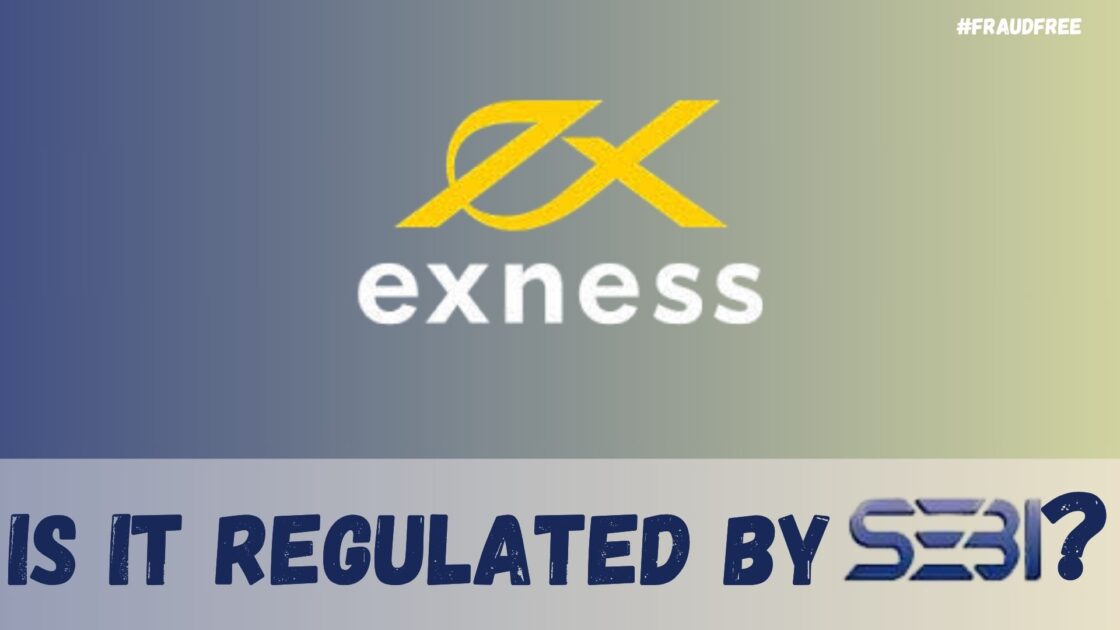Forex trading complaints in India are on the rise, even as the market continues to boom.
Many newcomers enter the space hoping for quick profits, but the reality can be far more complex, which is why so many investors are now asking, is Forex Trading safe in today’s environment?
Forex Trading includes common issues such as withdrawal delays, poor customer support, hidden charges, and other red flags that often leave traders frustrated.
Unfortunately, these complaints often point to a bigger problem — the growing number of forex trading scams targeting unsuspecting investors.
In this blog, we share real complaints from victims and explain the step-by-step process to help recover losses. Stay informed to keep your trading safe, smart, and scam-free.
When to Raise a Forex Trading Complaint?
While online forex trading with unregulated or offshore brokers is illegal in India, thousands still get lured in by promises of quick returns.
If you’ve already invested and faced problems, knowing when to raise a forex trading complaint can help you act quickly and limit your losses.
You should file a complaint immediately if you notice any of these red flags:
- Withdrawal delays or blocked funds without a clear explanation
- Unexpected fees or hidden charges not mentioned in the agreement
- Poor or unresponsive customer support when you request help
- Unauthorized trades or account changes made without your consent
- Pressure to invest more before allowing withdrawals
- Discovery that the platform is part of a forex trading scam targeting Indian investors
Reporting such issues not only increases your chances of recovering funds but also helps authorities track and shut down fraudulent operations.
In India, complaints can be filed with the RBI, SEBI, Cyber Crime portal, or even the local police, depending on the nature of the scam.
Documents You Will Need to Report the Complaint
When filing a complaint about forex trading issues, having the right documents ready can speed up the process and make your case stronger. Here’s what you should keep handy:
- Proof of Identity:
- Aadhaar card, PAN card, passport, or any government-issued ID.
- Account Details:
- Your trading account number and broker’s name.
- Bank account details linked to the trading account.
- Transaction Records:
- Screenshots or bank statements showing deposits and withdrawals.
- Transaction IDs, payment receipts, or confirmation emails.
- Communication Evidence:
- Email or chat conversations with the broker’s customer support.
- Any written promises, terms, or contracts related to your trades.
- Screenshots or Videos:
- Evidence of platform issues, errors, or suspicious activities on the trading platform.
- Complaint Summary:
- A clear, concise description of the problem you faced, including dates and amounts involved.
Having these documents ready will help authorities understand your complaint quickly and take necessary action.
How to Report Forex Trading Complaints in India
If you face problems with a forex broker, follow these steps to report your complaint and seek help:
1. File a Complaint with SEBI
- Draft an email.
- Attach all proofs, including screenshots of transactions or chat details.
- Send it to SEBI.
2. File a Complaint with RBI
- Go to RBI’s official site: https://www.rbi.org.in
- Use the “Customer Complaints” portal to lodge your issue.
3. File a Cyber Crime Complaint
- Visit cyber cybercrime portal to file an online complaint.
- Alternatively, visit your local cyber police station with your documents.
Following these steps increases your chances of resolving the issue and helps protect others from similar problems.
Need help?
Further, if you need help, you can register with us, and we will guide you through the complaint process. We have helped multiple victims in forex trading scam recovery.
Forex Trading Complaints-Real Cases
Across India, countless investors have fallen victim to forex scams, losing their hard-earned savings to unregulated platforms and fake brokers. These real incidents show exactly how fraudsters operate—and why awareness is the first step to avoiding such traps.
Case 1: A Man Lost ₹4 Lakhs in Forex Trading
A real case from the article shows how a trader lost ₹4 lakh on an unregulated forex platform. Lured by an online contact, he joined a trading app, saw small early profits, and trusted it enough to invest more.
Soon, the app began placing trades automatically, and his entire capital disappeared. Attempts to recover the money failed because the platform was based offshore and not registered with SEBI or RBI, leaving him with no legal recourse.
What we learn:
- Scammers often approach victims through social media or personal contacts.
- They show small initial profits to build trust, then push for larger deposits.
- Platforms may manipulate trades or block withdrawals.
- Always verify a platform’s SEBI registration and trade only in approved currency pairs.
- Avoid offshore or unregulated platforms—losses there are rarely recoverable.
Case 2: The High Cost of Chasing Quick Profits
In this case, a platform called “MDSF Global” (name changed) targeted rural investors with the promise of 9% monthly returns and even offering cars to attract more victims.
Claiming to be regulated in Dubai, it convinced many to invest large sums. Once enough money was collected, payout options were abruptly closed, and investors had no legal recourse since the platform was unregulated and operated outside India’s jurisdiction.
Once invested, people found that payout options were suddenly shut down—classic scam behavior.
What we learn:
- Unregulated platforms—especially those banned in India—pose extreme risks.
- High, guaranteed returns are a major red flag.
- Fraudsters prey on vulnerable communities by promising unrealistic returns, launching pyramid-style traps, and luxury incentives.
- Lack of regulation means no legal protection when things fall apart.
- Always verify if a platform meets legal rules, investigate its credentials thoroughly, ask questions before investing, and seek expert advice.
Conclusion
Forex trading can offer exciting opportunities, but it also comes with risks, especially when dealing with brokers that don’t follow the rules.
Complaints like withdrawal delays, poor support, and scams are common, and knowing how to report these issues is key to protecting yourself.
If you ever face problems, don’t stay silent.
Use the official channels like SEBI, RBI, and cybercrime portals to raise your voice. Keep your documents ready and follow the right steps to make your complaint count.
Staying informed and acting quickly can save your money and help make the trading space safer for everyone.
Trade smart, stay cautious, and always know where to turn if things go wrong.







